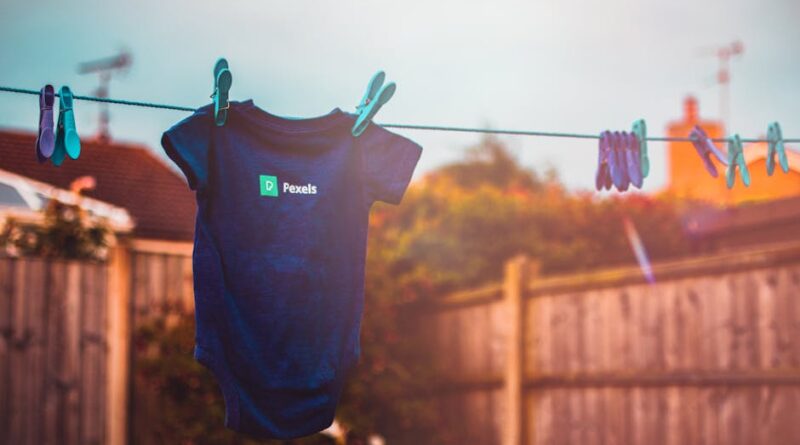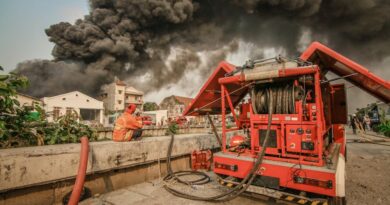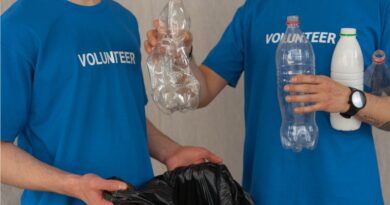The Benefits of Clean Air for Kids
Did you know that the air we breathe can greatly affect our health? For kids, clean air is not just a luxury; it’s a necessity. Children are more vulnerable to air pollution than adults. Their bodies are still developing, and they breathe faster, taking in more air (and potential toxins) than adults do. Lets explore how clean air positively impacts children and why it matters so much.
Why Is Clean Air Important for Kids?
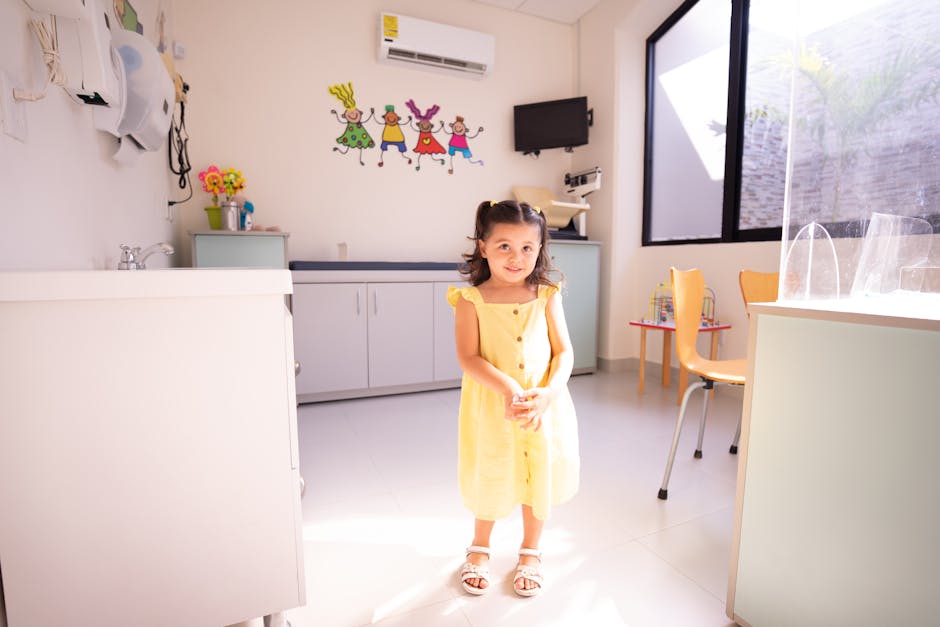
Clean air plays a major role in keeping kids healthy. But why exactly is it so important? Here are a few key reasons:
- Supports Healthy Growth: Fresh air helps children grow strong and healthy. It supports their lungs, heart, and overall well-being.
- Boosts Immunity: Good air quality can strengthen the immune system. When kids breathe clean air, they are less likely to get sick.
- Improves Concentration: Clean air can enhance focus. Kids can think better and learn more effectively when they are not affected by pollution.
As you can see, clean air is essential for every childs growth and development. But what happens when the air is polluted?
What Are the Effects of Air Pollution on Kids?

Air pollution can lead to serious health issues in children. Here are some common effects:
- Respiratory Problems: Polluted air can cause asthma and other breathing problems. Kids may cough, wheeze, or have difficulty breathing.
- Allergies: Bad air quality can trigger allergic reactions. Kids with allergies may experience more severe symptoms.
- Developmental Issues: Studies show that exposure to pollution can affect brain development. This can lead to learning difficulties.
According to the World Health Organization, around 93% of children under 15 years old live in environments with high air pollution levels. This is alarming! What can we do to protect our children?
How Can We Ensure Clean Air for Our Kids?
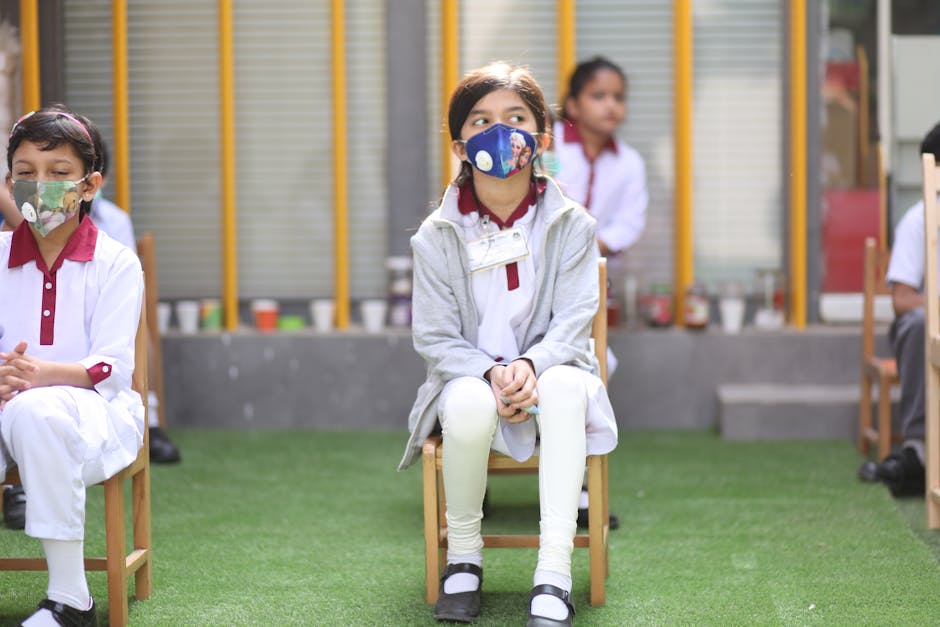
There are several ways to improve air quality for children. Here are some simple steps:
- Plant Trees: Trees are natural air filters. They absorb carbon dioxide and release oxygen, making the air cleaner.
- Reduce Vehicle Emissions: Encouraging walking or biking instead of driving can help cut down on pollution.
- Use Eco-Friendly Products: Choosing non-toxic cleaning supplies can reduce indoor air pollution.
- Stay Informed: Check local air quality reports before outdoor activities. This can help you plan safer times for kids to play outside.
By taking these small actions, we can make a big difference in the air quality around us.
What Can Parents Do at Home?
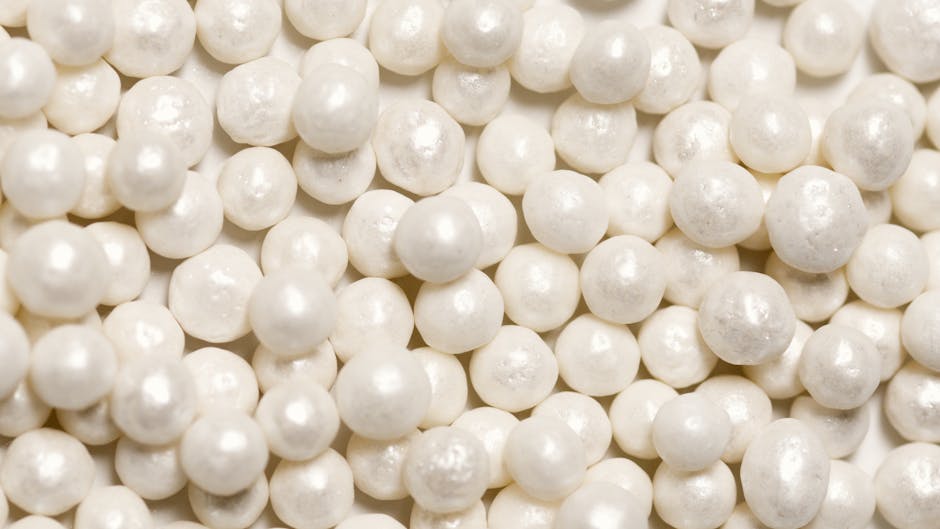
Parents can take steps to ensure clean air indoors as well. Here are some practical tips:
- Ventilate Regularly: Open windows when weather allows. Fresh air helps clear out indoor pollutants.
- Use Air Purifiers: Consider investing in air purifiers. They can help filter out harmful particles and create a healthier environment.
- Avoid Smoking: Never smoke indoors. Secondhand smoke is harmful and can linger in the air.
- Limit Use of Scented Products: Choose unscented or natural products to reduce indoor pollutants.
By making these adjustments, families can breathe easier at home.
How Does Clean Air Impact Learning?
Clean air can significantly affect how well kids learn. Studies show that poor air quality can lead to decreased academic performance. Why is that? Here are a few reasons:
- Decreased Focus: Kids exposed to pollution may have trouble concentrating. This can result in lower grades.
- Increased Absences: Health issues from polluted air can lead to more school absences. Missing school means missing out on learning.
- Behavioral Issues: Poor air quality can impact mood and behavior, making it harder for kids to learn.
Research shows that cleaner air leads to better test scores and higher graduation rates. it’s clear that clean air can boost a childs education.
What Are Some Myths About Air Quality?
There are many misconceptions about air quality. Lets debunk a few common myths:
- Myth 1: Air pollution only happens outdoors.
Fact: Indoor air can be just as harmful, if not more, due to chemicals and poor ventilation. - Myth 2: Air purifiers are unnecessary.
Fact: While they aren’t a complete solution, they can significantly improve indoor air quality. - Myth 3: You can’t tell if the air is polluted.
Fact: Many pollutants are invisible. it’s important to check air quality reports.
Understanding these myths helps us make better choices for our families.
How Do Communities Benefit from Clean Air?
Clean air benefits not just individuals but also communities. Heres how:
- Healthier Population: Fewer respiratory issues mean lower healthcare costs for families and local governments.
- Better Quality of Life: Clean air can enhance the overall well-being of a community.
- Increased Property Values: Areas with clean air often have higher property values, making them more desirable places to live.
When communities prioritize clean air, everyone wins.
What Can Kids Do to Help?
Kids can also play a role in improving air quality. Here are some fun and easy ways they can help:
- Participate in Clean-Up Days: Join local groups to clean parks and neighborhoods.
- Learn About Nature: Understanding the environment teaches kids the importance of clean air and conservation.
- Advocate for Change: Kids can write letters to local leaders about the importance of clean air.
By getting involved, children can make a real difference.
Conclusion: Breathe Easy, Live Better
Clean air is vital for kids’ health, learning, and overall well-being. As parents and community members, we must take steps to ensure a healthier environment. This means not only protecting our own families but also advocating for cleaner air for everyone.
Lets work together to create a world where our children can breathe easy and thrive. Start with small actions today, and watch how they grow into big changes tomorrow.
For more information about air quality and it’s effects, check out the World Health Organization. And visit our other article on healthy habits for kids to learn more ways to support your child’s health!
